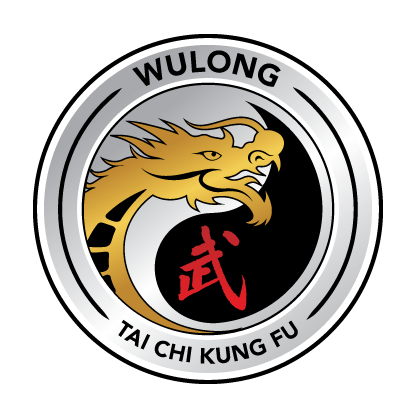Ba Duan Jin Benefits for University Students
Tai chi and Qigong Benefit Breast Cancer Survivors
Tai Chi & Qigong Help in Stressful Times
Tai Chi Walking Helps Dynamic Balance
Tai Chi Lifts Self Esteem
Baduanjin & Tai Chi Help Knee Osteoarthitis
Tai Chi Improves Relaxation and Mental Clarity
Taichi & Qigong helps Diabetes Management
Ba Duan Jin helps breast cancer rehabilitation
Baduanjin Can Improve Negative Emotion
Taichi & Qigong Reduce Pain from Knee Osteoarthritis
Tai chi relieves chronic low back pain
Ba Duan Jin improves quality of life and exercise capacity of heart failure patients
Ba Duan Jin qigong is a viable alternative for exercise rehabilitation in patients with heart failure.

